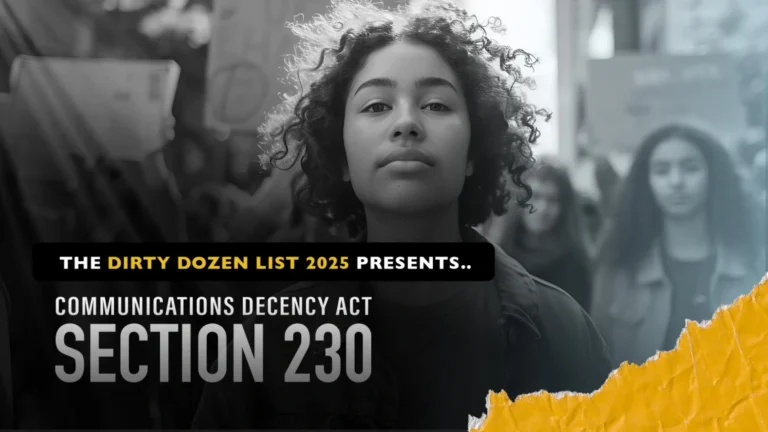COVID-19. SARS-CoV-2. Call it what you want, but the novel coronavirus is all anyone is talking about anymore. The COVID-19 health pandemic has closed schools, cancelled most activities, and isolated a large swath of the population at home all at once. In the midst of the social distancing, self-isolation, quarantines, and lockdowns, we’re all feeling some cabin fever and parents, in particular, may be feeling overwhelmed by the prospect of eight weeks of time with their children home from school unexpectedly.
Now more than ever, kids and teens will be spending extra time online via phones, tablets, laptops, and video games. In times of increased online activity, it’s imperative that parents are prepared to ensure their children are safe from the predatory dangers of the Internet. [Update: to underscore this point, the FBI released a press statement on March 23, 2020, about children being at increased risk of online exploitation due to being at home and online more often while out of school during the SARS-CoV-2 pandemic.]
To help prepare parents, we’ve compiled a list of five things parents can do to help keep their children safe online during this extended period of isolation. For those with specific questions and/or needs, we also have a more extensive resource center for parents here.
- Hold a family meeting on why exactly you are concerned. Every family is different and the dangers of the Internet are varied. Are you concerned about pornography use or exposure? Potential grooming from online predators? Sexting? Everything? Chances are your child may not be aware of all the things from which you want to protect them. Using age appropriate language, explain the danger you see and why you want to protect them from it. Kids are more likely to help protect themselves if they understand what they need to be concerned about. Need help talking to your family about difficult topics like pornography? Read our blog here for some helpful tips.
- Talk to each child about their personal Internet usage. You’ve held a family meeting, but are you completely aware of how each individual child spends their time on their device? What apps take up most of their time each day? Does their video game system have online features? Live chat? Direct messaging? These are important questions you need to ask in order to get the full picture of how your child spends their time online.
- Set up parental controls and follow up. Now that you know your child loves TikTok or that your teen spends hours talking with their friends on Discord while playing their favorite video game, you can set boundaries to appropriately moderate their usage and take the necessary steps for improved safety. Investigate the parental controls available for each app and system and then take the time to set them up. If you haven’t already, set up Google’s SafeSearch and Restricted Mode for controlling what pops up on Google searches (you can learn how here). We also have parent guides on Twitter, Snapchat, Netflix, Amazon, and more which can be found here. Keep in mind that tech-savvy kids may be able to unlock some of these controls, so it’s important to continue the conversations and check up on them often.
- Limit time spent online. So you’ve had some good family discussions, you’ve figured out how your child spends their time online, and you’ve set up parental controls. What else can you do? The best protection is prevention. Schedule time during the day for no electronics and think about setting rules for where electronics can be used, such as only allowing personal Internet devices in public rooms such as the family room or living room. Limiting the screen time your children have not only protects them from online dangers, but also ensures they are living a balanced lifestyle with plenty of time away from their screens.
- Tell Congress to take action on the EARN IT Act. The Eliminating Abusive and Rampant Neglect of Interactive Technologies (EARN IT) Act is a bill that was introduced in the Senate and which would create incentives for companies to “earn” liability protection for violations of laws related to online child sexual abuse material — rather than just granting them liability protection at the outset. This bill would make it so that Big Tech could be held accountable for the sexual exploitation of children that takes place on their platforms if they aren’t fighting it proactively. Take action today and send an email to your elected officials with our easy, one-click action campaign! To learn more about the EARN IT Act and how it works, read our blog about it here.


